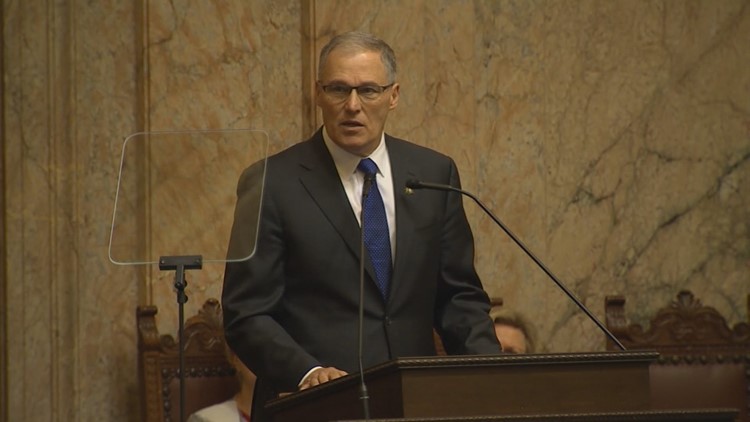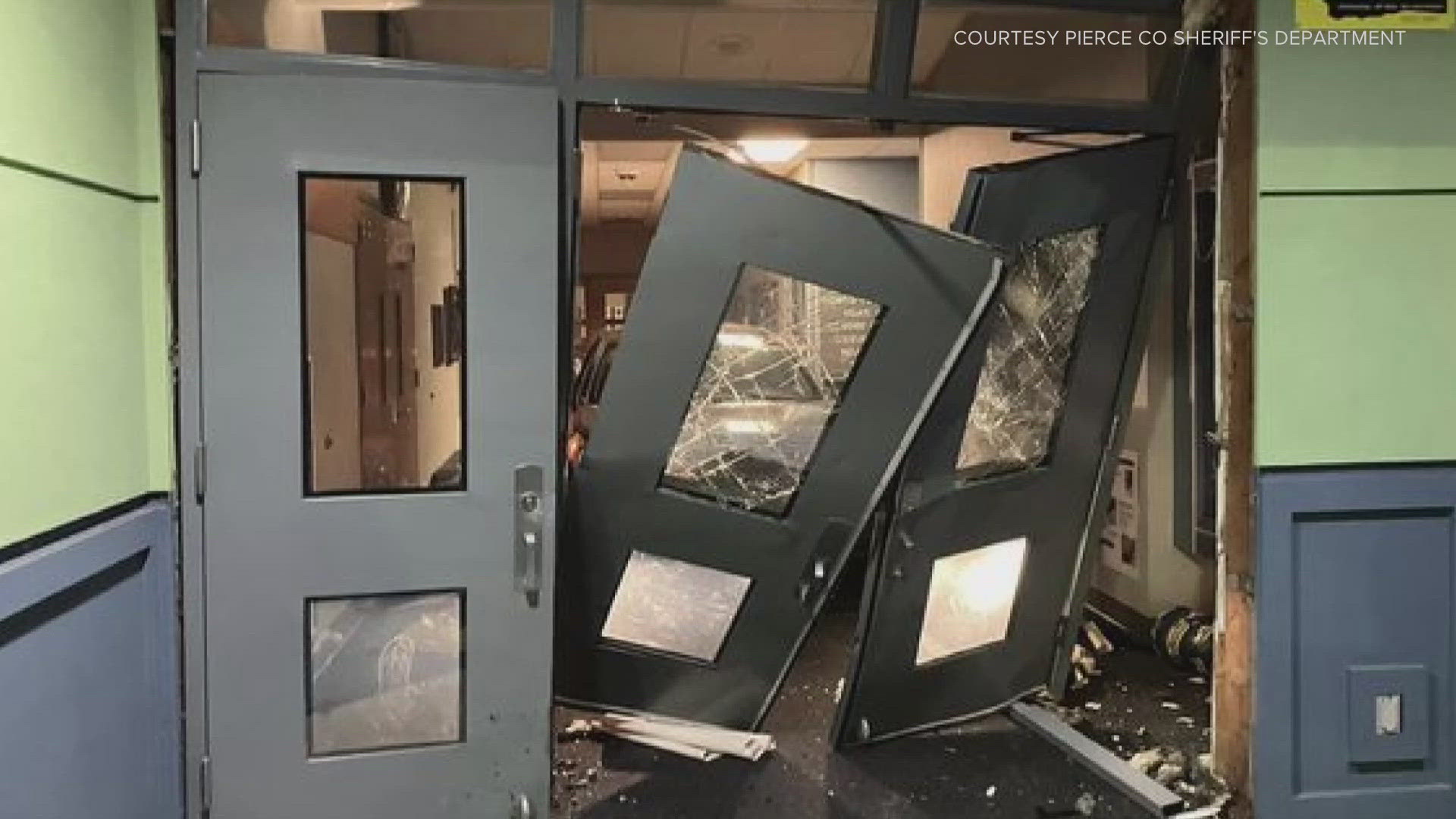Governor Jay Inslee has until midnight Thursday to decide whether or not he'll veto a controversial public records exemptions bill fast-tracked by state legislators last week.
The state’s Sunshine Committee and the national Radio Television Digital News Association are the latest groups to weigh in and urge a veto on the legislation that seeks to undermine a court ruling that found the legislature in violation of the state’s public disclosure law.
The calls into the governor’s office now exceed 4,300. That's in addition to more than 8,000 emails—a volume staffers call unprecedented.
“Many people are very suspicious about politicians’ motives, passing this bill would confirm that and force us to wonder what they are hiding,” one constituent email read.
“People just want to be heard,” said David Postman, the Governor’s Chief of Staff.
Postman said the Governor’s team is currently reviewing legislation as it would any other bill.
“It goes through lawyers; it goes through policy advisors, it goes thru the executive team, and we listen to people,” Postman continued.
Even though the bill passed with a veto-proof majority—124 out of 147 senators and representatives voting in favor of the bill, the Governor could still veto the legislation. Lawmakers would have to take a second vote, and potentially make changes to the bill or even change their votes.
“I'm not going to telegraph what he's going to do at all, but he has the options from signing it in whole, vetoing it in whole, partial veto or letting it become law without a signature," said Postman.
It’s unknown what a partial veto could look like, but if the Governor vetoed the emergency provision, for example, the bill could be stopped from taking effect immediately and could be subject to a referendum to the voters.
With the emergency provision in place, a referendum isn’t possible. A citizen initiative could still seek to overturn the legislation if signed into law.
“It’s important that we not believe that we’re done,” said Rep. Gerry Pollet (D-Seattle), who supported the bill despite disagreeing with the process used to pass it.
“I've said I cannot and will not defend what was an undemocratic process about a bill on transparency. It was ridiculous and I can't possibly say that it was appropriate,” said Pollet.
However, he argues the legislation expands some access to lawmakers records starting in July of this year, including emails to lobbyists and calendars.
But, the same bill keeps older records private and exempts lawmakers from the same public disclosure law that other state agencies and local governments have to follow.
"If the Governor does veto a section of the bill then the bill can be amended,” said Pollet. “In that case, I and some others would probably say that's an opportunity for us to move forward with a public process. I don't know what that would look like, but we're discussing it.”
“If he does full veto—I’m not sure what the choices are for us, but either way, we have a chance to put together a set of meetings statewide with legislators, news media representatives, open government watchdogs, other governmental bodies and say how should we be more open; what are the priorities,” Pollet continued.



